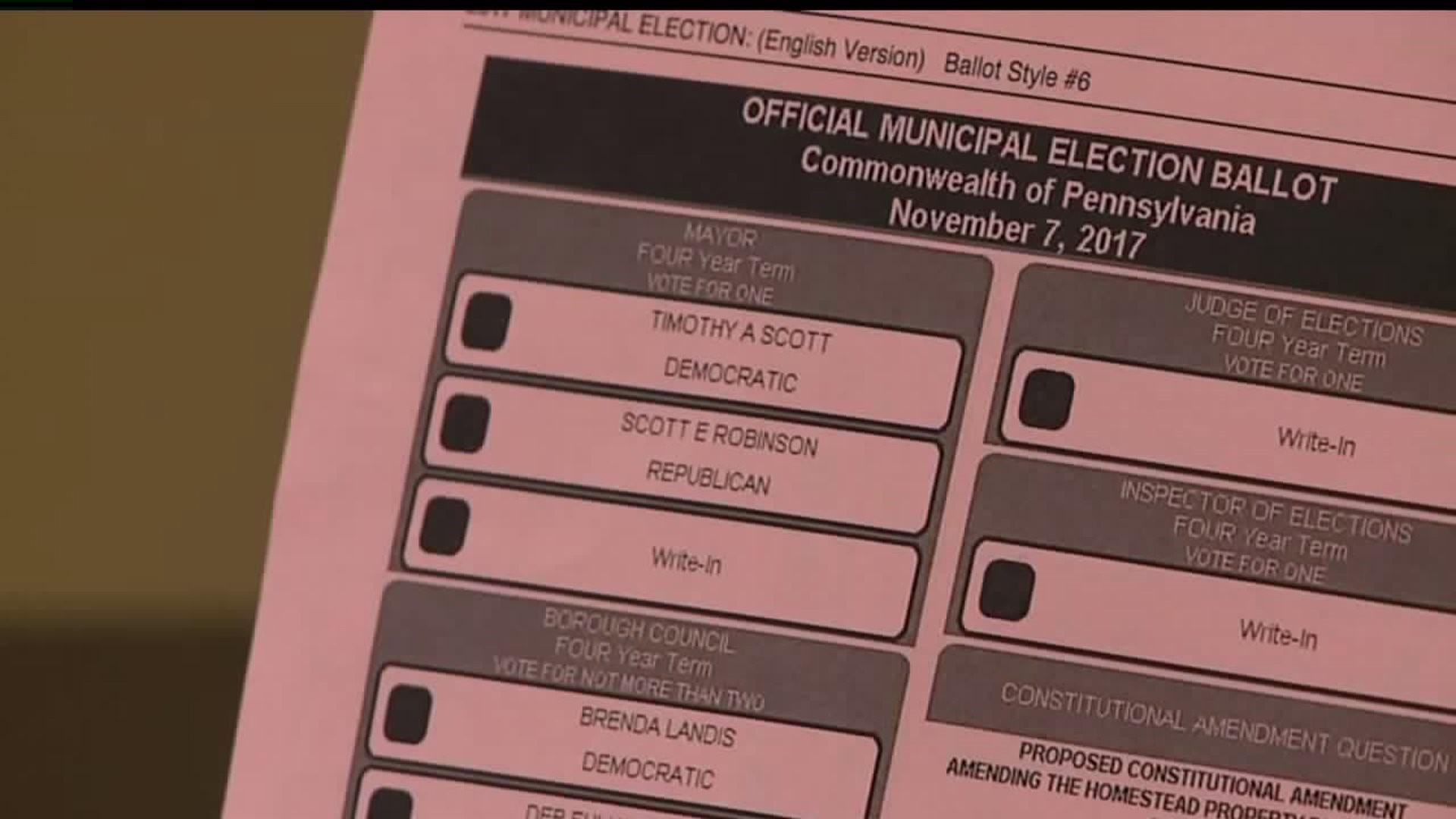LANCASTER, Pa. — Ahead of a pivotal election in two weeks, citizens of Lancaster City will decide whether to adopt a home rule charter that could reshape the local government structure.
Officials say the charter would serve as a new constitution for the city that would grant increased power to residents, moving away from strict state regulations.
In preparation for the vote, community members gathered at an information session hosted by the city, seeking insight and voicing their opinions on what this charter could mean for the community. The proposed changes have sparked discussions among residents, with strong sentiments on both sides of the issue.
A central point of debate revolves around the proposed tax policies associated with the charter. The plan includes a transition from relying solely on property taxes to introducing an earned income tax.
Supporters like Bennett Berhow argue that a diversified tax system is essential for fairness.
“Tax systems have to have multiple sources that are somewhat equal in terms of revenue,” Berhow stated, advocating for a tax structure that distributes the financial burden more equitably.
However, some residents expressed concerns that any increase in taxes could exacerbate inequality.
Long-time resident Susie Gomez voiced her apprehension, “There’s no taxation without representation. If we don’t have representation, it’s not fair to impose more taxes on hardworking citizens.”
Berhow counters Gomez's perspective by emphasizing that an earned income tax could significantly alleviate the financial strain on lower-income residents, who often bear the brunt of property taxes.
“When you depend solely on property tax, it impacts lower-income people the most. An earned income tax, however, levies a greater burden on higher-income individuals, so it seems to me that it becomes a lot fairer system to utilize both of those,” he explained.
Community activist Jose Rivera highlighted another concern, noting that significant portions of Lancaster's Latin and African American populations- comprising approximately 55.6% of the total population- may not be adequately informed about the charter. Rivera criticized the lack of outreach in these neighborhoods.
“[There has been] nothing to explain to the Latin community what’s going on at all,” he stated.
He fears that without engagement from all voting communities, particularly the Puerto Rican vote, the charter's approval could be in jeopardy.
“Without the Puerto Rican votes you ain't going nowhere,” Rivera asserted, underscoring the importance of inclusivity in the decision-making process.
Amber Strazzo Righter with the City of Lancaster counters, "Our team has made concerted efforts to ensure Spanish-speaking residents were well informed throughout this process."
Some of those efforts include hosting information sessions in various locations across the city and providing informational materials in both English and Spanish.
The meetings also provided attendees with Spanish and sign language interpreters. Still, residents like Gomez say only those who attend the seminars in person can take advantage of the interpretation resources.
As the election date approaches, groups of residents are mobilizing efforts to both support and oppose the charter, distributing flyers and rallying community members to make informed choices. Thursday night marked the last city-hosted information session regarding the home rule charter before the vote.
With the election just around the corner, the outcome could significantly alter how Lancaster governs itself in the future. Community members are encouraged to educate themselves and participate in this crucial democratic process. For more details on how the home rule charter could impact Lancaster's government, additional information is available here.

